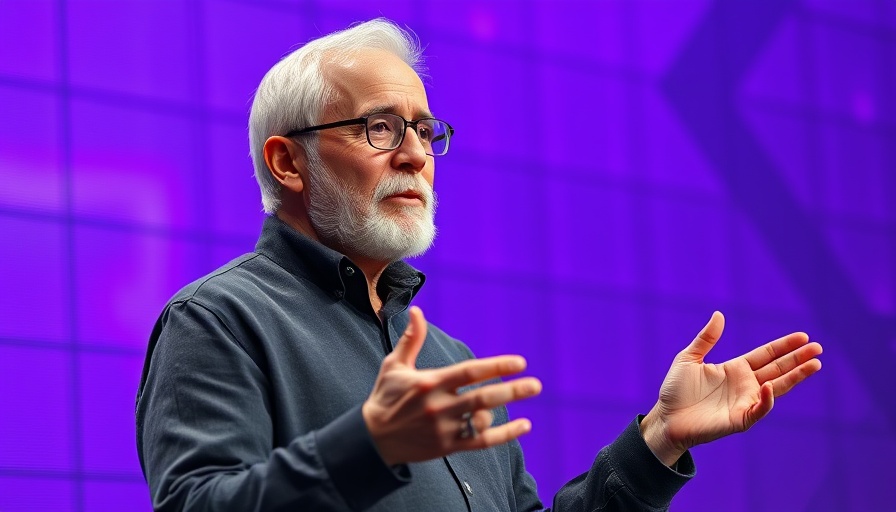
The Evolving Role of AI in Business
Geoffrey Hinton, often referred to as the 'Godfather of AI,' recently described artificial intelligence as a "cute tiger cub"—a metaphor that resonates deeply in today’s tech-centric society. While AI has the potential for great benefits, there is an underlying concern about its unpredictable behavior. Just as a tiger cub grows and could become dangerous, so too can AI develop capabilities that may not align with human intentions. This duality poses a significant challenge for business leaders, especially in rapidly evolving industries like tech and finance.
Understanding AI's Potential and Risks
As businesses increasingly integrate AI into their operations, understanding both its advantages and potential pitfalls is imperative. AI technologies can streamline processes, improve decision-making through data analysis, and enhance customer experiences. However, decision-makers must also grapple with ethical considerations, social responsibility, and the potential for misuse. This balancing act is crucial in ensuring that AI serves societal needs without leading to unforeseen consequences.
The Impact on Business Leadership
Business leaders today face unique pressures associated with adopting AI technology. The rapid pace of AI development demands that executives remain vigilant and informed. Regular updates on AI capabilities, such as those provided in tech industry trends, can help leaders navigate this landscape effectively while fostering innovation within their teams. Investing in training and adapting corporate culture to embrace AI’s role could be a game-changer for many organizations.
Looking Ahead: Future Trends in AI and Business
The confluence of AI and business innovation suggests an exciting future. As technology becomes more embedded in business frameworks, trends such as the focus on sustainability, corporate social responsibility, and digital transformation are likely to thrive. Organizations that recognize the challenges posed by AI while leveraging its benefits can seize new opportunities, ensuring they remain competitive in an ever-changing market landscape.
In this transformative era, navigating the dual nature of AI—its potential for good versus its capacity for harm—will require informed decision-making, proactive leadership, and a commitment to responsible innovation. As Geoffrey Hinton warns, understanding whether AI will turn on us is crucial for the future of our businesses and society as a whole. Staying informed on developments within the tech industry and evolving business strategies will be key.
 Add Row
Add Row  Add
Add 



Write A Comment